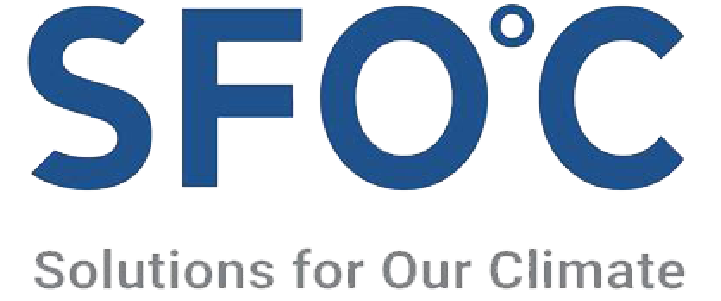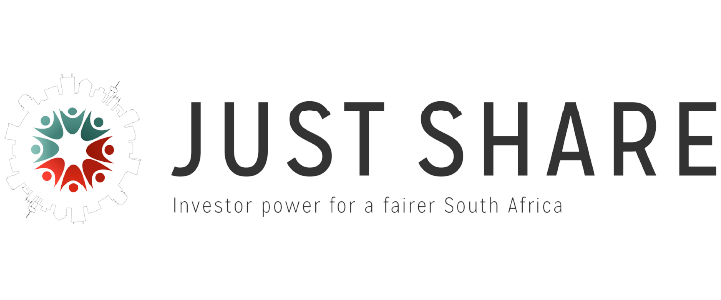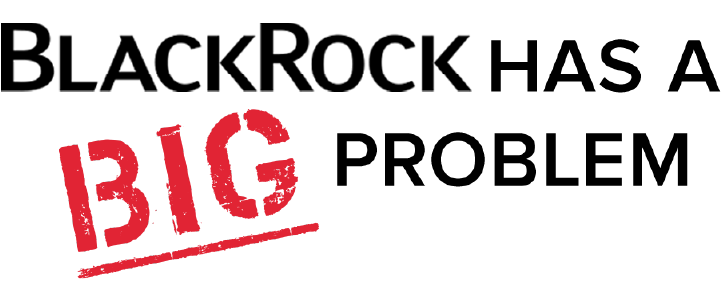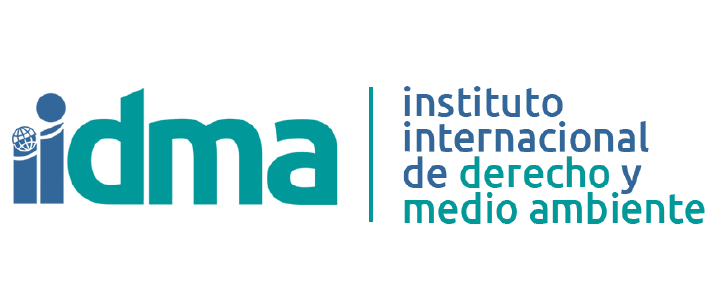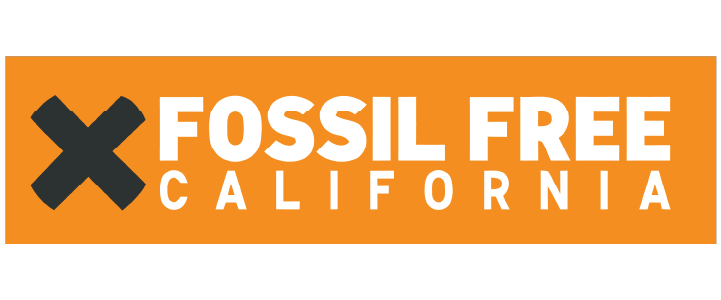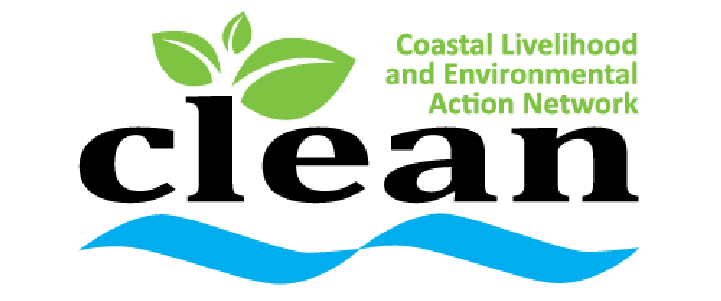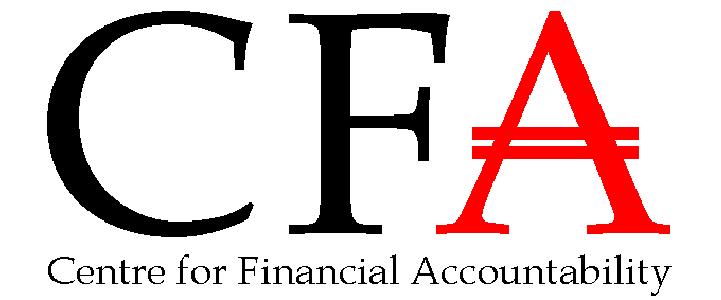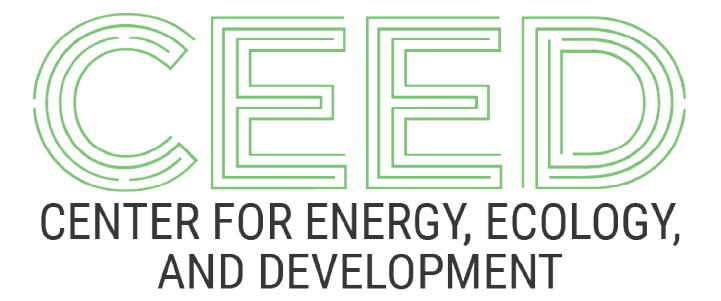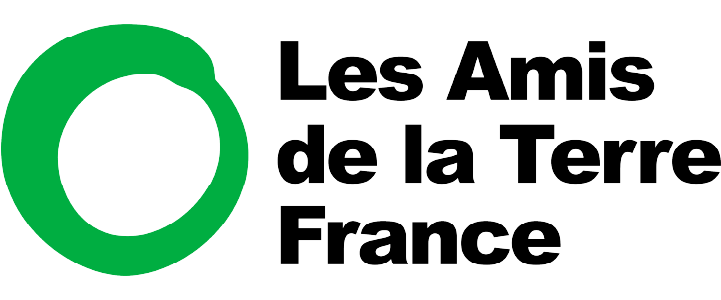Analysing the quality of coal policies
The good, the bad and the in-between of the coal policies adopted by financial institutions
of the financial institutions assessed have adopted a coal policy.
financial institutions assessed have already adopted commitments to stop financing coal developers.
of financial institutions assessed have not committed to exit thermal coal by 2030 in Europe/OECD and 2040 worldwide.
of the coal sector policies adopted in 2023 included commitments to limit financial support to the metallurgical coal industry.
Why track coal policies?
Science is clear. It is imperative to phase out of the coal sector in order to keep the 1.5°C within reach and avoid a climate breakdown. Banks, insurers and investors are increasingly adopting decarbonization targets for the coal mining or power sector.
Yet, these targets are on their own insufficient to achieve 1.5°C-aligned decarbonization. Financial institutions must adopt robust coal sector policies that end all financial services to the expansion of the coal industry while supporting its phase-out.
The Coal Policy Tracker is designed to track the commitments taken by top financial institutions worldwide, highlight the good practices, and shed light on the existing loopholes to be avoided.
The Coal Policy Tracker’s primary objective is simple: to ensure the financial sector is adopting effective coal policies to forcefully contribute to the 1.5°C climate goal. It also enables customers, media, financial institutions and other stakeholders to easily navigate the coal policy jungle.
Coal sector policies alone will not be sufficient to keep the 1.5°C within reach. Broader fossil fuel policies including oil and gas, along with robust sustainable commitments need to be taken by global financial institutions. Their assessments are available on the Oil and Gas Policy Tracker and the Sustainable Power Policy Tracker.
Use the tracker
505 financial institutions are assessed in the Coal Policy Tracker. Last policy update: February 2024.
![]() This financial institution has one of the best practices in the sector.
This financial institution has one of the best practices in the sector.
![]() This financial institution has informed Reclaim Finance that it is working on a new policy which is expected to be published soon.
This financial institution has informed Reclaim Finance that it is working on a new policy which is expected to be published soon.
NA The criterion does not apply to this type of financial institution.
![]() Reclaim Finance could not give a definite score and have contacted the financial institution for clarification.
Reclaim Finance could not give a definite score and have contacted the financial institution for clarification.
How to read the results?
The first criterion covers the exclusion of thermal coal mines, coal plants and coal infrastructure.
The fourth criterion covers the exclusion of the largest thermal coal producers and largest coal plant operators.
The fifth criterion relates to the quality of the thermal coal phase-out strategy.
The sixth and seventh criteria cover the exclusion of metallurgical coal projects and of companies with metallurgical coal expansion plans.












